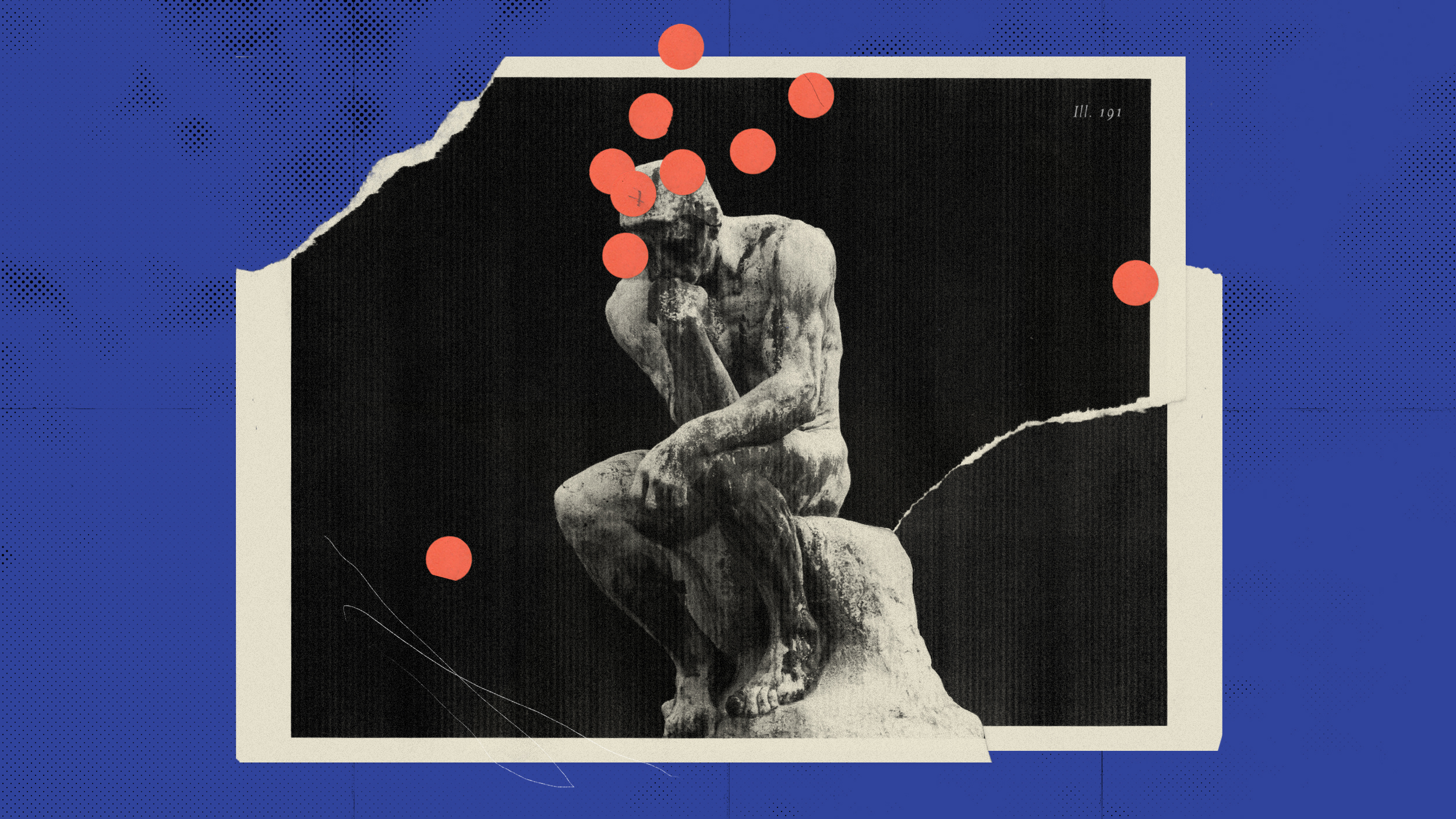Gloria Steinem: “We Need to Eroticize Equality”

There isn’t really such thing as a “masculine” and a “feminine,” says feminist icon Gloria Steinem. Because we’ve been so deeply propagandized with the notions about what it means to be male or female, we don’t even know what the differences between these groups truly are. What we do know is that individual differences are much greater than group differences she says: “The differences between two women are quite likely to be bigger than the generalized differences between males and females as groups for every purpose except reproduction, just as the individual differences between two members of the same race or ethnicity are probably greater than the differences between two races.”
In her Big Think interview, Steinem sets the record straight about the oft-demonized feminist movement. Its purpose is not to attack men but “to free the uniqueness of the individual and to understand that inside each of us is a unique human being who is a combination of heredity and environment.” And in this pursuit, tremendous headway has been made, but there is still much more to be done.
Feminism isn’t dead, says Steinem. That’s merely a lie spread by the right. In the 1960s and ’70s, critics of feminism said that it wasn’t necessary, that women didn’t want these new rights and freedoms, and they are still propagating anti-feminist narratives. “The idea that feminism has not succeeded or that this generation has rejected it is just a new form of the backlash,” she says. But their efforts haven’t succeeded. “Even though the opposition has tried very hard to demonize [feminism] and to call us Femi-Nazis and terrible stuff, there are still about a third of American women who self identify as feminists with no definition and with the definition it’s more than 60%.”
We must also reassess our assumptions about men, she tells us. “We’ve demonstrated in this and other modern countries or industrialized countries that women can do what men can do, but we have not demonstrated that men can do what women can do,” she says. “Therefore children are still mostly raised by women, and women in industrialized modern countries end up having two jobs: one outside the home and one inside the home. And more seriously than that, children grow up believing that only women can be loving and nurturing, which is a libel on men, and that only men can be powerful in the world outside the home, which is a libel on women.”
Another sign of positive change would be a change in the forms of pornography society consumes, says Steinem. Pornography is tantamount to female slavery: “It’s all about passive dominance and pain,” she says. “I want to pass a newsstand and see erotica, real erotica, which has to do with love and free choice, not pornography,” she tells us. The same is true of prostitution: men go to prostitutes because they need a certain kind of dominance, which she says is an addiction to masculinity. “What has been eroticized by male dominant systems of all kinds is dominance and passivity; we need to eroticize equality,” she argues. “I always say to audiences of men, ‘Cooperation beats submission.’ Trust me.”
Finally, Steinem tells us why Sarah Palin’s choice to brand “mama grizzlies” as the mascot for right-wing women is so ironic. Grizzly bears are actually the animals that most embody reproductive freedoms, she says.





